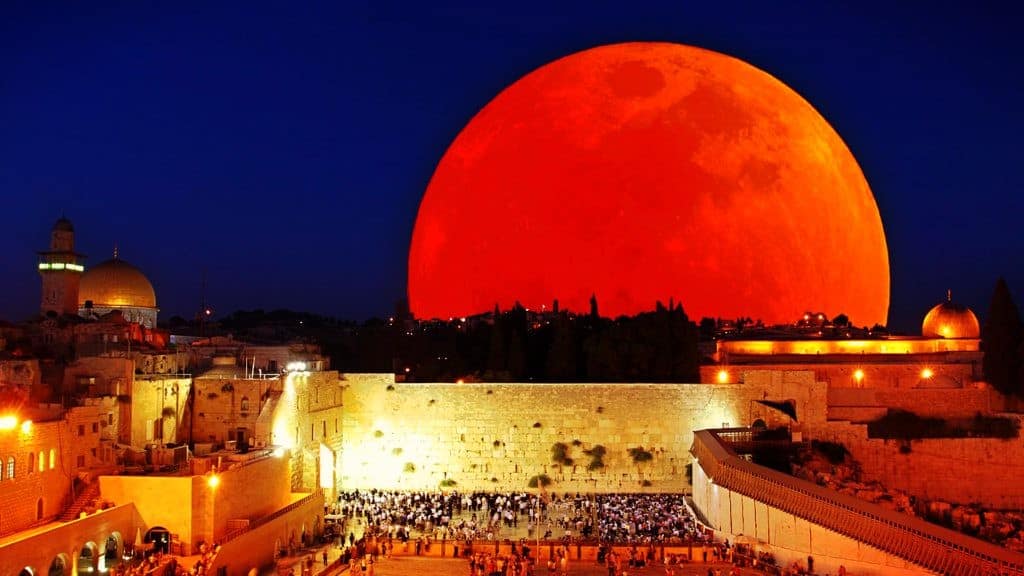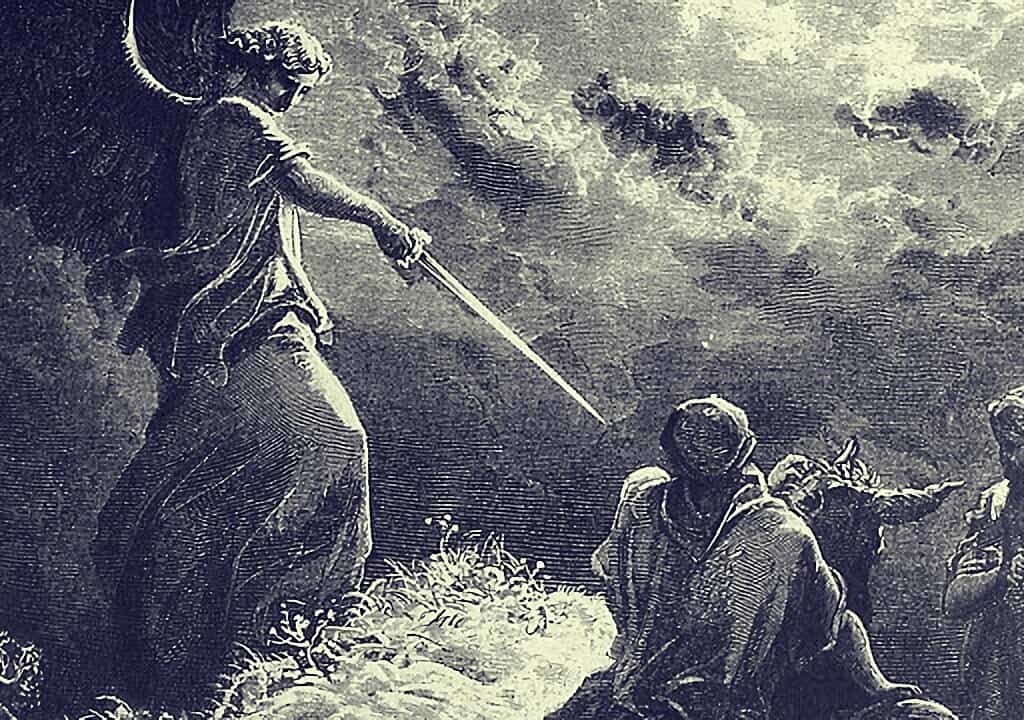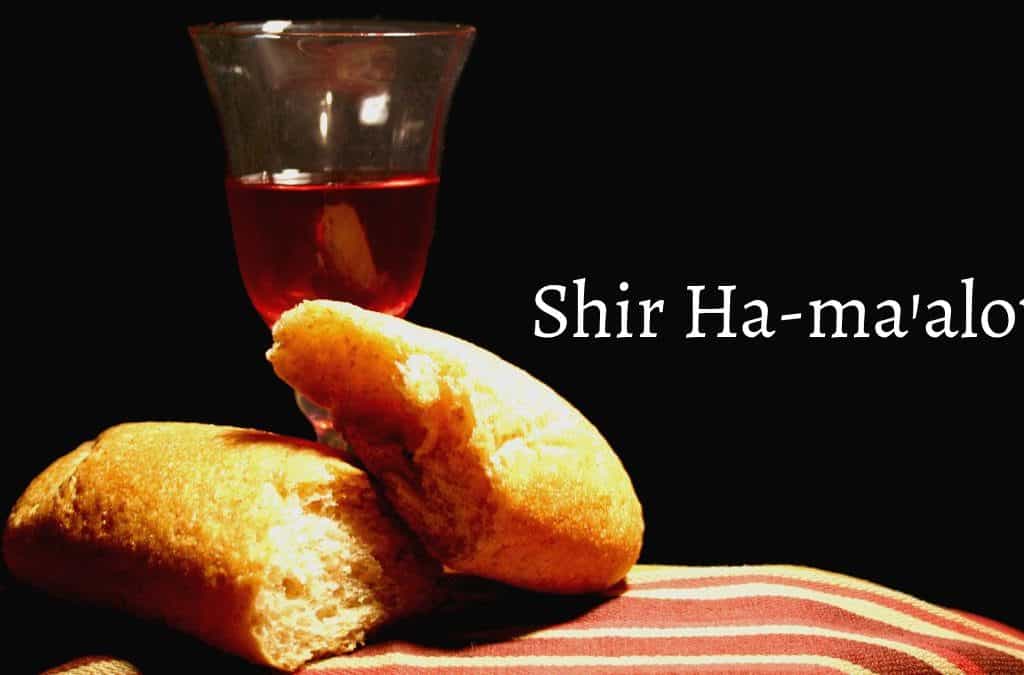From the second day of Passover to Shavuot, counting the Omer offers us an opportunity to purify our souls and prepare to receive the Torah. Discover how this ancient practice remains relevant in modern Jewish life and how to implement it correctly.
The Spiritual Meaning of the Omer: A Bridge Between Passover and Shavuot
Counting the Omer covers a sacred period of 50 days starting from the evening of April 23 to the evening of June 11, 2024, spanning from the 16th of Nisan to the 6th of Sivan in the year 5784 of the Jewish calendar.
What is the Omer and Why is it Fundamental in Judaism?
Historically, the Omer began with the offering of an omer (an ancient measure) of barley at the Temple in Jerusalem on the second day of Passover. This act symbolized the start of the harvest and marked the beginning of a period during which 50 days were counted up to Shavuot, a festival celebrating the giving of the Torah at Mount Sinai. This period was not only an agricultural interval between planting and harvest, but it was also a time of spiritual preparation to receive the Torah, reaffirming the Jewish people’s commitment to their beliefs and laws.
The counting of the Omer is based on the biblical commandment described in Leviticus 23:15, which instructs counting each of the days from Passover to Shavuot. This daily practice is not just a way of keeping track of time, it is also an opportunity for personal and spiritual growth. Each day is meditated upon different combinations of the sefirot, which are divine attributes in Kabbalah, promoting introspection and personal transformation.
During the Omer, moderate mourning practices are observed, reflecting the solemnity of the period. These practices include restrictions on celebrations like weddings, abstaining from cutting one’s hair and limitations on dancing and music.
These customs are tied to various tragic historical events that occurred during this time, such as the death of Rabbi Akiva’s students due to a plague. This mourning period is briefly interrupted on Lag BaOmer, the thirty-third day, which celebrates the anniversary of the death of the sage Rabbi Shimon bar Yochai, author of the Zohar, the fundamental text of Kabbalah.
Shavuot: Commemoration of the Torah and the Harvest
Shavuot is a festival rich in symbolism and practices that reflect its profound spiritual and agricultural significance. In addition to commemorating the giving of the Torah and the harvest of the first fruits, this celebration includes a variety of traditions and teachings that deepen its relevance in Jewish life.
Torah Reading
On Shavuot, the Book of Ruth is read in synagogues. This choice is not arbitrary; the book tells the story of Ruth, a Moabite who converts to Judaism and accepts the Torah, symbolizing the acceptance of the Torah by all the Jewish people at Mount Sinai. Moreover, the story of Ruth is set during the harvest season, directly linking the agricultural theme with the festival.
Decoration of Synagogues and Homes
It is customary to adorn synagogues and homes with plants, flowers and green branches to recall Mount Sinai, which, according to tradition, miraculously blossomed during the giving of the Torah. This decoration symbolizes not only the beauty of nature but also the spiritual renewal and vitality that the Torah brings to people’s lives.
All-Night Torah Study
One of the most distinctive practices of Shavuot is the “Tikkun Leil Shavuot,” an all-night study vigil. During this vigil, it is customary to study religious texts until dawn, symbolizing the enthusiasm and eagerness of the Jewish people to receive the Torah. This practice also recalls the moment when, according to tradition, the Israelites fell asleep the night before receiving the Torah and thus, modern Jews stay awake to correct that historical oversight.
Dairy Meals
On Shavuot, it is traditional to consume dairy meals such as blintzes, cheesecake and other cheese-based dishes. There are several explanations for this custom; one suggests that upon receiving the dietary laws with the Torah, the Israelites did not have suitable utensils to prepare meat according to the new laws, so they opted for dairy meals. Another interpretation is that dairy products symbolize the purity and sweetness of the Torah.
Each of these elements of Shavuot not only highlights the duality of its meaning—celebrating both spiritual blessings and material bounties—but also reinforces the ongoing commitment of the Jewish people to their fundamental traditions and values, celebrating the relationship between God, the land and the chosen people.
How to Correctly Count the Omer in Judaism
Counting the Omer is a deeply rooted practice in Judaism that extends from the second day of Passover to the festival of Shavuot. This span of 49 days is a period dedicated to spiritual purification and personal growth. Therefore, it is crucial to understand how to correctly perform this count.
Start of the Count
The counting of the Omer begins on the night of the second day of Passover. This is because, according to Jewish tradition, the day begins at sunset, not at midnight. Counting the Omer at dusk emphasizes the importance of each day as a complete unit of time for reflection and spiritual growth.
Details of the Count and Expression of Days and Weeks
It is essential to express both the days and the weeks elapsed. In the first six days, only the days are mentioned: “Today is four days of the Omer.” When reaching complete weeks—such as the seventh, fourteenth or twenty-first day—it is necessary to indicate both the total days and weeks: “Today is 21 days, which are three weeks of the Omer.” On intermediate days, this formula continues, for example, “Today is 33 days, which are four weeks and five days of the Omer.”
By counting both the days and the weeks, the structure of the biblical commandment is reflected and progress towards Shavuot is emphasized. This method of counting aids in meditating on the symbolism of the numbers and the structure of time in Jewish practice.
If a Count is Missed
If a person forgets to count the Omer one night, they can count the following day without the blessing (“bracha”). However, if they forget to count for an entire day, they can continue counting on the following days, but they can no longer recite the blessing. This practice underscores the importance of continuity and consequence in the observance of commandments.
Spiritual Meaning and Reflection
During the Omer period, it is considered a time of partial mourning in remembrance of historical tragedies, such as the death of Rabbi Akiva’s students. However, it is also a time for personal growth and spiritual purification, preparing individuals to receive the Torah on Shavuot, akin to the original preparation of the Israelites at Mount Sinai.
Counting the Omer intertwines the agricultural calendar with Judaism’s historical and spiritual events, reflecting a deep connection between the land, history, and spirituality…




